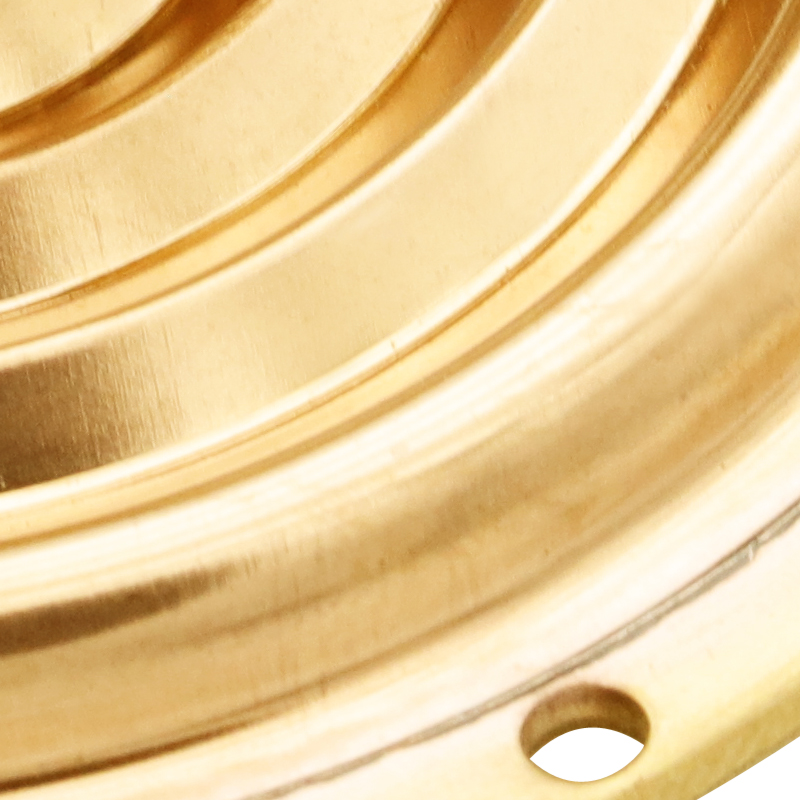
Ago . 13, 2024 18:56 Back to list
Advanced Analog Differential Pressure Gauge for Precise Measurement in Various Industrial Applications
Understanding the Famous Analogue Differential Pressure Gauge
Differential pressure gauges are crucial instruments in various industries, providing essential measurements for process control, monitoring, and system diagnostics. Among the various types of pressure measurement tools, the analogue differential pressure gauge stands out for its straightforward operation and reliability. This article explores the workings, applications, and significance of this gauge type in both industrial and laboratory settings.
What is an Analogue Differential Pressure Gauge?
An analogue differential pressure gauge measures the difference in pressure between two points within a system. Typically, it features a Bourdon tube or diaphragm mechanism that translates the pressure differential into a visible reading on a dial or scale. The gauge consists of two ports one connected to a high-pressure source and the other to a low-pressure source. As pressure changes, the mechanical elements inside the gauge react, causing the pointer to move across the calibrated scale, providing a direct reading of the pressure difference.
How Does it Work?
At the heart of an analogue differential pressure gauge is the Bourdon tube, a curved metallic tube that straightens when subjected to pressure. When pressure is applied to one end, the curvature changes, causing the other end to move. This movement is mechanically linked to a pointer that indicates the pressure differential on the gauge's dial.
Alternatively, some gauges utilize a diaphragm. When pressure is applied to either side of a diaphragm, it deforms concerning the pressure difference. The resultant movement is similarly transmitted to a pointer, indicating the measurement. These mechanisms are designed to provide accurate readings without the need for electronic components, making them robust and suitable for harsh environments.
Applications
The importance of analogue differential pressure gauges spans multiple sectors
famous analogue differential pressure gauge

1. Industrial Applications In manufacturing, these gauges monitor pressure in pipelines, boilers, and reactors, ensuring processes operate within safe and efficient parameters. They also help prevent overpressure conditions and system failures.
2. HVAC Systems In heating, ventilation, and air conditioning systems, differential pressure gauges are vital for monitoring airflow across filters, fans, and ducts. This ensures that systems function effectively, enhancing energy efficiency and comfort in buildings.
3. Laboratories In research and development settings, these gauges are used in experiments where pressure differentials can affect results. Their simplicity and reliability make them ideal for laboratory applications, where precision is crucial.
4. Pharmaceutical Industry Monitoring cleanroom environments and ensuring pressure differentials in containment areas is essential to maintain product integrity and safety. Analogue gauges provide a quick way to visualize and monitor these critical factors.
Advantages of Analogue Differential Pressure Gauges
One of the key benefits of analogue differential pressure gauges is their simplicity. They do not require power sources, reducing the risk of failure associated with electronic devices. They are also typically more robust and resistant to environmental factors such as temperature fluctuations and vibrations.
Moreover, the immediate visual feedback provided by the dial allows for quick assessments and real-time monitoring, which is crucial in fast-paced industrial environments. The lack of digital components means they can be used in explosion-prone environments where electronic devices might pose a risk.
Conclusion
Analogue differential pressure gauges continue to play an indispensable role across various sectors due to their reliability and ease of use. As industries evolve, the demand for accurate pressure monitoring will persist, ensuring that these gauges remain relevant. Whether for industrial processes, HVAC systems, or laboratory experiments, the analogue differential pressure gauge is a foundational tool that guarantees operational efficiency and safety. Understanding its function and application is essential for professionals working in any field reliant on pressure measurements.
-
High-Precision 5 Valve Manifold Differential Pressure Gauge Suppliers
NewsApr.29,2025
-
High-Precision Diaphragm Vacuum Pressure Gauges Manufacturers & Quotes
NewsApr.29,2025
-
Omega Differential Pressure Gauges High Accuracy & Durability
NewsApr.28,2025
-
Low Pressure Differential Pressure Gauges Precision Solutions & Quotes
NewsApr.28,2025
-
Digital Diaphragm Pressure Gaauge Precision Measurement & OEM Quotes
NewsApr.28,2025
-
Differential Pressure Gauge China Price High-Accuracy & Best Quotes
NewsApr.28,2025
